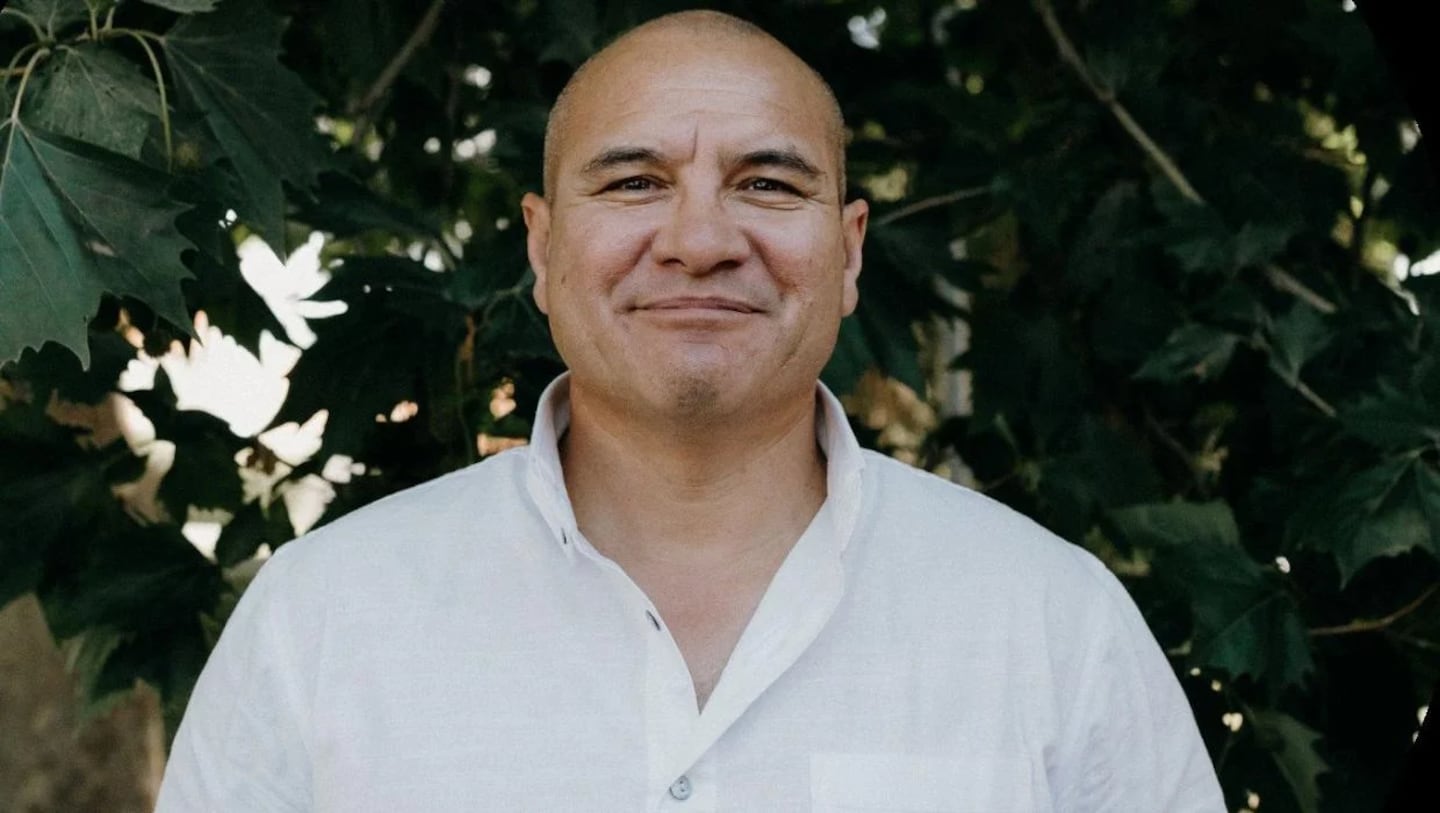This article was first published by Stuff.
Boosting Māori health could bump up Hawke’s Bay’s regional coffers by $122 million annually, a study connecting the dots between health and productivity has found.
Hawke’s Bay Regional Economic Development Agency chief executive Lucy Laitinen said 90% of that loss came from premature deaths of working-age Māori.
The New Zealand Institute of Economic Research study found about $44m lost to mental illness-related deaths alone, annually.
Meanwhile, Lewis Ratapu, co-chair of the Tīhei Tākitimu Iwi-Māori Partnership Board, said the results came as no surprise - and a new approach was needed.
Laitinen said the study, commissioned by the agency and the board, followed research last year showing Hawke’s Bay’s productivity was lower than the national average.
It linked economic consequences to Māori health outcomes to get “cut through” on the issue, Laitinen said.
“Basically we’re saying, there’s 1800 people that are not engaged in the [regional] economy because of the terribly poor health outcomes.”
Not only should we be improving health and wellbeing “because we’re all human beings that are valuable” - but it was also costing the economy in the long run, she said.
It was not surprising young Hawke’s Bay people were less work-ready when the study found “absolute chaos” from mental health problems, particularly in younger Māori.
Premature mortality in Māori the key
“In total, mortality in Hawke’s Bay working-age Māori results in over $114m of lost productivity annually. Mental illness, with a high number of productive years lost per death due to the young age at death on average, and the relatively high number of deaths attributable to mental illness, is the most important contributor… with approximately $44m lost to mental illness-related deaths annually.”
– Health and productivity opportunities, Assessing the economic value of addressing priority health conditions in Hawke’s Bay working-age Māori
Laitinen said the economy was losing out because people were dying early, but more importantly, “those people are missing out and the community is missing out”.
NZIER principal economist and study co-author Sarah Hogan said premature mortality was always a “huge cost” in health-related productivity losses.
“[But] What we saw here within the Māori working-age population, there’s quite a high burden of very premature mortality around suicide, but also some of the working-age cancer deaths that we were seeing in women.”
The study looked at health conditions, such as cancer, mental illness and diabetes, where there was a higher burden and worse outcomes for Māori.
It found Hawke’s Bay’s working Māori population used planned services less, and had more acute illnesses.
This contrasted with Māori in places such as Counties-Manukau. Hogan expected better outcomes in the city with better roading and its more-concentrated population, but was still surprised by the contrast.
“And also, I was quite struck by the burden of premature mortality. The cancers we looked at were all screenable and treatable… we really shouldn’t be seeing people of working age dying of those cancers.”
Access was made worse by the predominantly primary industry-type work for Māori in Hawke’s Bay.
“Imagine if you’re a forestry worker and you’ve got a GP appointment in the middle of the day - chances are, you’ve got to miss a whole day.”
There were intergenerational benefits and costs to the health problems that were “essentially killing parents”, Hogan said.
“They’re killing parents of young children… supporting kids, paying mortgages, paying the rent.”
‘This isn’t a surprise to us’
Ratapu said mortality - an economic impact in the report - was a major contributor to productivity loss.
“But if you think about the social impact of people dying younger, particularly our under-30s, there’s a much larger impact than… a productive work unit.”
The findings didn’t surprise him, especially health access issues, which were an ongoing problem in Hawke’s Bay.
“I’m in Wairoa at the moment, and to get any urgent dental treatment requires somebody to take a whole day off work because they have to travel to Gisborne or Napier.”
With most Māori working in blue-collar industries, getting time off for doctor appointments was difficult. Meanwhile, after-hours primary care was getting “smaller and smaller”.
Different models of care were needed for workers who can’t easily get time off work, he said, and health funding needed a rethink, with an emphasis on health promotion, “which is key to addressing mental health in our younger population”.
Laitinen said the agency would hold a workshop next week including businesses, iwi groups, Māori health providers, and a range of government ministries to discuss the research and possible fixes.
- Stuff


